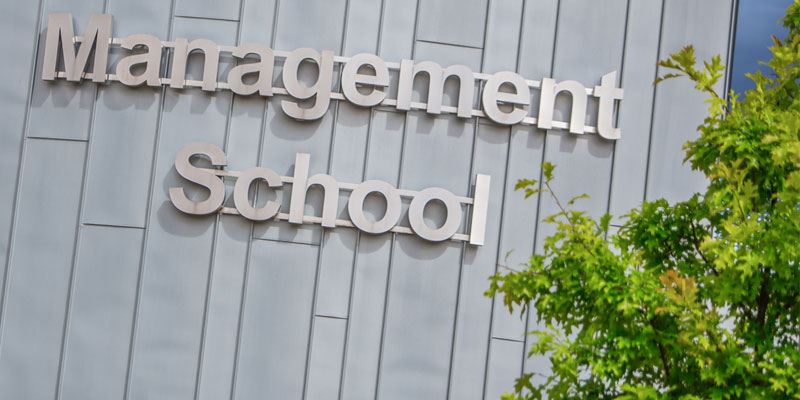A covid conundrum
Lockdown has seen the most profound impact on everyday life for a generation, but has it achieved its aim of reducing the spread of COVID-19 and protecting the NHS?

Professor Jacco Thijssen is a researcher in our York Management School and Department of Mathematics. He, together with York Management School colleague Dr Nick Huberts, conducted a rigorous mathematical analysis of the effectiveness of ‘non-pharmaceutical’, ie government, intervention. And the results could be crucial should a similar event occur in future.
Governments’ attempts to reduce and delay the peak of infection were intended to prevent healthcare organisations from becoming overwhelmed, but it remains unclear what the optimal time for such intervention is. It’s also unclear when such measures should cease.
Professor Thijssen said: “When measures are lifted too early a second outbreak could appear while intervention lasting too long could lead to unnecessary long term economic consequences.
“We used a particular type of analysis to study, in a general setting, the value to governments of two options: the option to intervene and, after intervention has started, the option to end it. Of particular interest to us was the timing of these decisions.”
And he says the message for future lockdowns is simple: “Our conclusions are to go in early and stay with lockdown until the first wave has well and truly passed. If you discover the virus too late or wait too long before acting, then don't bother at all.”
Notes to editors: